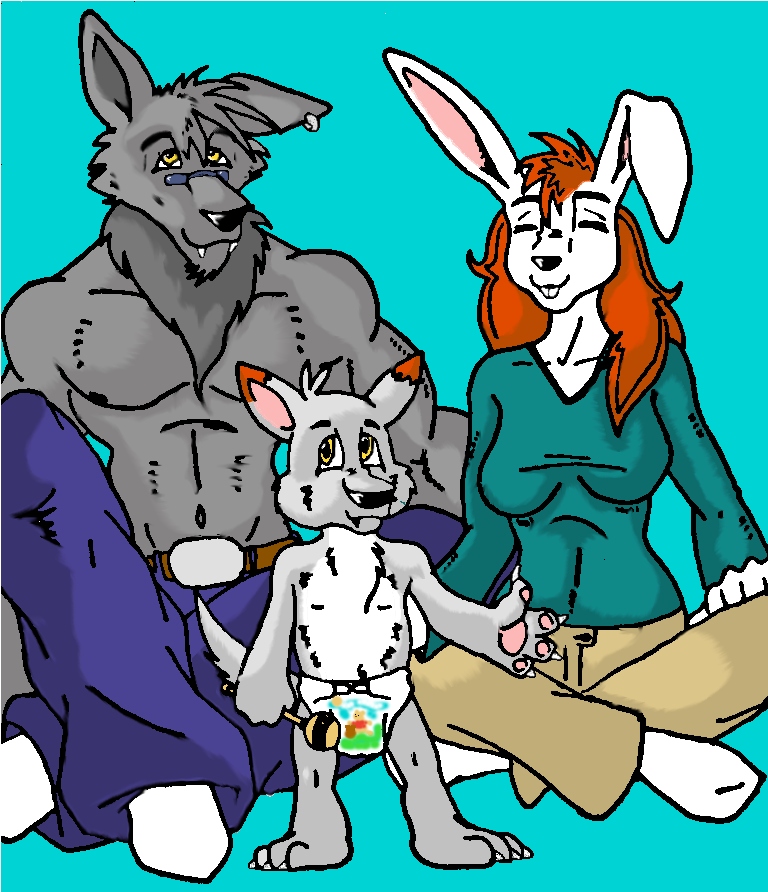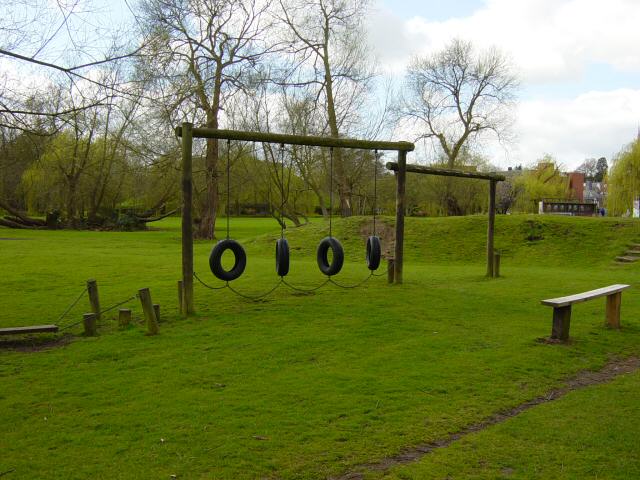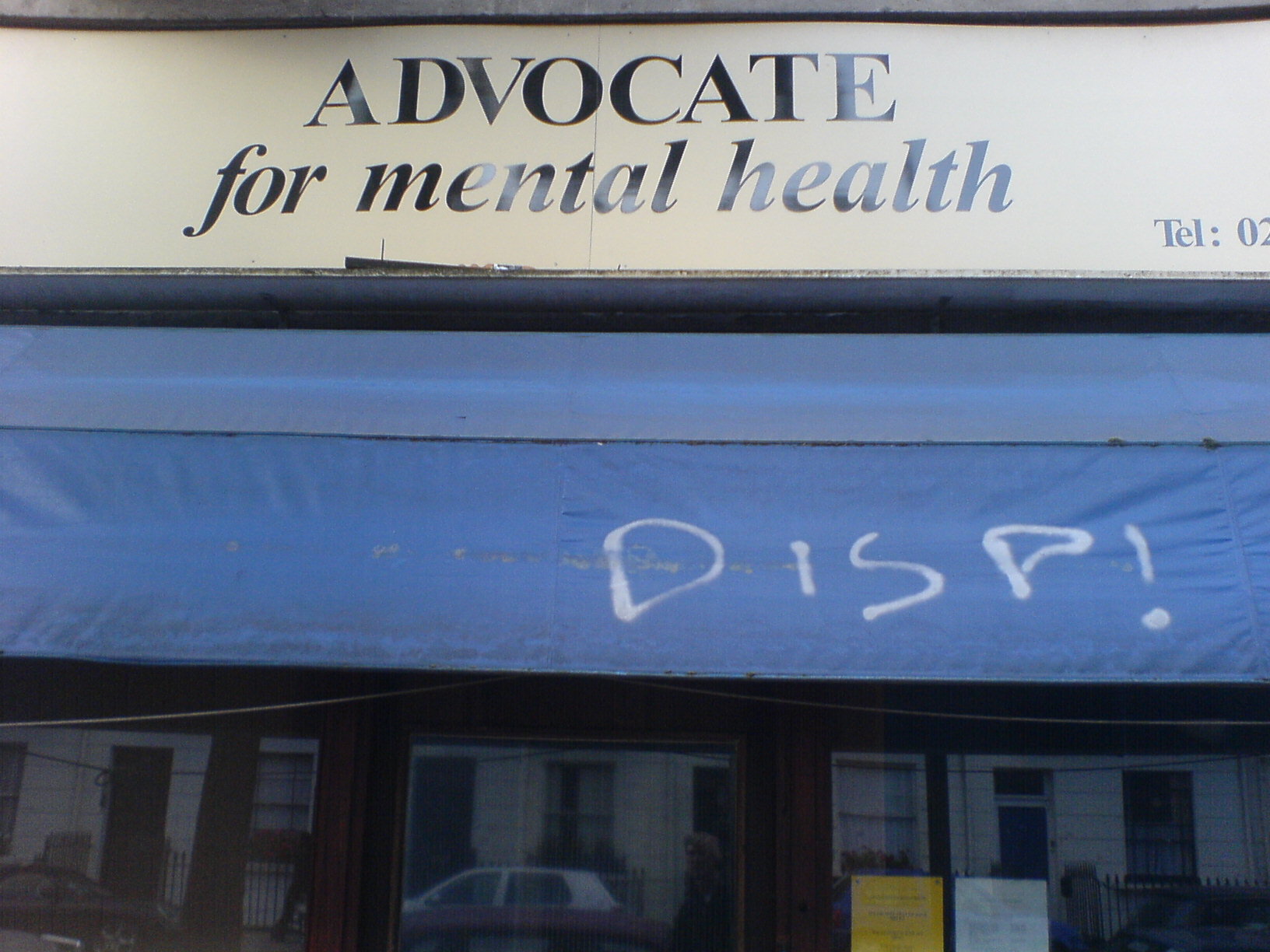Years ago, a family member, by marriage, was being
mistreated and shunned. What bothered me
about the family’s response to his mental illness was:
1.
The family had known for decades something was
different about this person;
2.
The family chose to shun him into “correct”
behavior;
3.
The family was very vocal and judgmental about
the misgivings and shortcomings of other people in general while completely
blind to their own faults; and
4.
The family was unable to see and understand the
magnitude of the harm they were causing to their loved one.
I was so bothered by their behavior that I spoke up. I asked them, “How dare you not help him? You have always known something was different
about him.” Especially when I began to
understand this family knew of his illness when he was only 8 years old.
This family’s truth is a psychiatrist prophesied the patient
would end up in one of three places – jail, homeless or dead. When I met him, he has visited the first two
places and, by God’s grace, was still alive and in his 30’s.
Before I spoke up, the family had ceased offering emotional,
financial or physical support. Most of
the time, no one knew where he was for months at a time. And when he did reappear, his living
arrangements involved abandoned houses, shelters or some woman who was quickly
growing tired of him. His body might
even reflected a new set of scars from his latest attempts at self-harm.
Little did I know, in advocating for him, I was standing up
for myself. In the journey of his life,
he now has stable housing, a source of income and his mental illness. But, he is also in counseling.
This above family member is/was connected to me by
marriage. Although that marriage has
ended, I still hold a special place in my heart for this man.
In fact, I spoke him a few times while visiting my counseling
agency. He said to me, “You know, I want
to tell you something. I was able to
address my mental health problems because you were so open about yours.”
Today, I wonder if he ever experienced the inner rage I felt
for my family not being more proactive in assisting me with my emotional
dysfunctions. I understand, in
reflection, why he would talk to his family in angry, aggressive tones
sometimes. Granted, I’m not a therapist
but I bet he felt alone in the world.
That feeling of being alone in the world is enough to make anyone angry
because of the underlying fear.
 Then to admit to yourself that the people who brought you
into the world and have blood ties to you are unwilling to TRY and understand
your dysfunctions is difficult to accept too.
If their lack of support has stemmed over a season of decades, the pain
is even stronger.
Then to admit to yourself that the people who brought you
into the world and have blood ties to you are unwilling to TRY and understand
your dysfunctions is difficult to accept too.
If their lack of support has stemmed over a season of decades, the pain
is even stronger.
For those of us with mental health issues, our families have
a lot of shame. This is the only disease
that brings about a large sense of shame and embarrassment within the family
unit. They deal with the matter by
remaining in denial about our sickness, blaming the patient and believing
he/she should “know better.” The
family’s choice to remain angry at the consumer, who typically cannot help
themselves because they aren’t even living in their own reality, is not a
solution. Remaining silent and ignoring
the problem in the hopes that it will go away is not the solution either.
Who tries to help find a solution? Any solution for the family unit that is
suffering as a whole?
 In this adventure of advocacy, I believe everyone can
participate in the solution. My part is to
share my personal story. I have to reveal
to the world what it is like knowing I have mental health issues, what it is
like realizing I have been sick for a long time without any self-awareness and how
I began to chart a path toward personal healing. Sharing with others, even if it is one person
at a time, what it is like taking medication, how I felt as a result of my
family’s response to my mental health and the ways I monitor myself and my
behavior can only help.
In this adventure of advocacy, I believe everyone can
participate in the solution. My part is to
share my personal story. I have to reveal
to the world what it is like knowing I have mental health issues, what it is
like realizing I have been sick for a long time without any self-awareness and how
I began to chart a path toward personal healing. Sharing with others, even if it is one person
at a time, what it is like taking medication, how I felt as a result of my
family’s response to my mental health and the ways I monitor myself and my
behavior can only help.
Another solution is for family members to begin listening. Breathe, listen and listen some more. Reflect.
Be honest about the past. Then,
gather information for many resources about how to assist, support or, at the
very least, not be a part of the problem anymore.
My hope is that others will see how they can help their
kindred instead of ignoring the problem and remaining silent.
The human voice is so powerful. Already, in one-on-one conversations I have
been able to share with non-mental health consumers what their family members
are experiencing as they spiral downward into depression or race fast forward
towards a brick wall. I encourage others
to help their loved ones, recognize their bizarre and often strange calls for
help and to not look for someone to blame.
What the mental health consumer needs is support. And, sometimes that looks like tough love –
in order to protect themselves and others from harm. There is a solution for our dilemma. And if we could all move past the shame, both
the family and the mental health consumer can recover.
